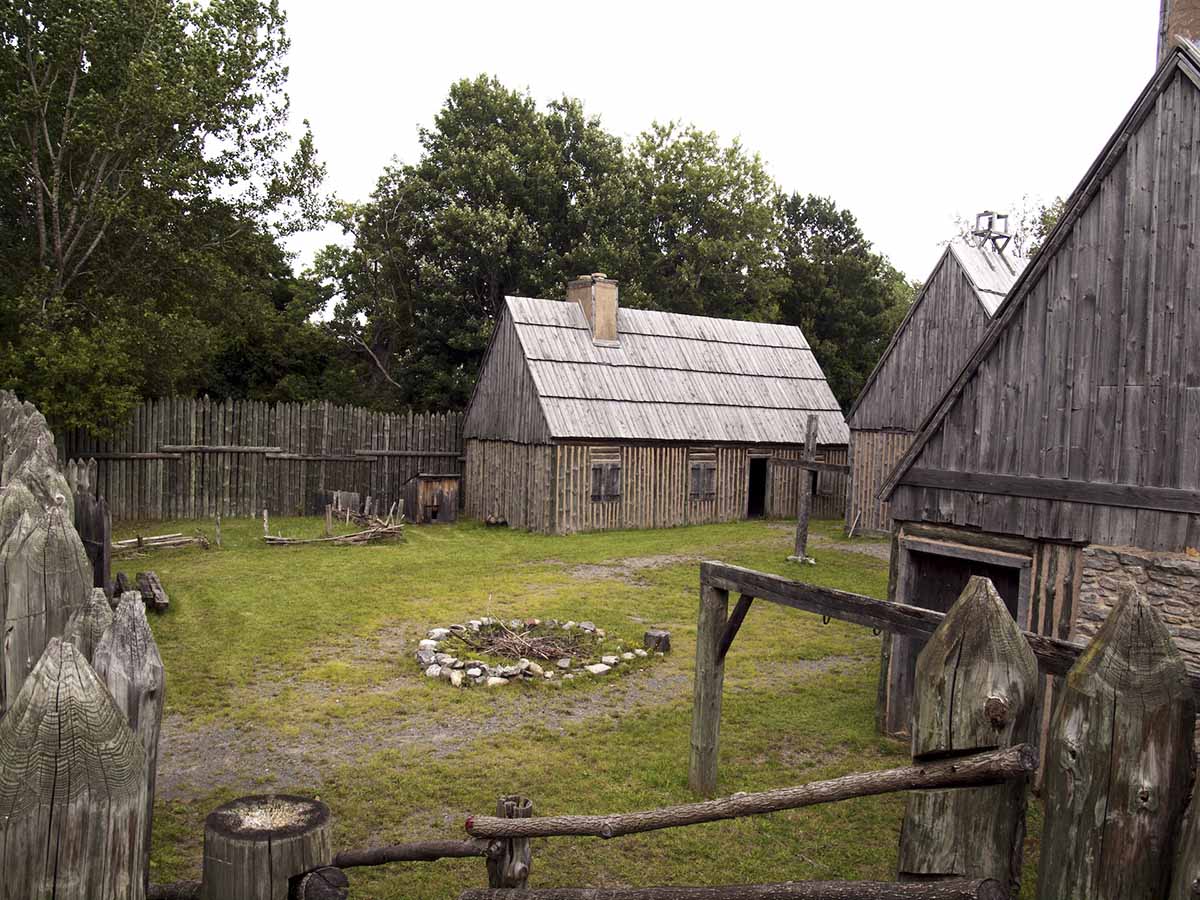Order, Economy, and Legality: Johnson v. M’Intosh after Two Hundred Years
Johnson’s Lessee v. M’Intosh is an 1823 United States Supreme Court decision that serves as a hinge moment in the legal conquest of Native Americans. The case reified the colonial and early Republic view of Indigenous peoples and their lands, and the reification created a profound legacy for two centuries, manifesting itself in seemingly unlikely places up until the present day. Native Americans hold a certain set of rights in land, Johnson announced, but those rights are only partly cognizable in white settler contexts like courts or administrative proceedings. Backed by state power, these white contexts slowly work to diminish Indigenous culture and identity. Johnson is an important legal development in this overall process.
The cultural and economic background for Johnson provides helpful context. Order, economy, and legality stand together at the center of the Anglo-American conception of property. For the first 150 years of the English colonies’ existence in the North American continent, land purchases from Indigenous tribes occurred with frequency. This common practice of Indian land acquisition through ordinary purchase is at least one indicator that the prevailing view of land in that era was tribes held a marketable title that could be transferred to a purchaser for a price, similar to any other sale. Speculation, abuse, and fraud inevitably occurred, and by 1763 the English crown sought to end private purchases of Indian land and forbid western settlement through the Royal Proclamation of 1763. From that point on, only the crown could buy land from tribes. The Proclamation promised centralized order in land transactions, yet colonists ignored the 1763 edict to some degree. Frequent land speculation continued because fortunes could be made from such a vast commodity. Even George Washington engaged in illegal purchases of Indian land during this period, recommending the same types of black market real estate investments to others (p. 59).
SUGGESTED CITATION
Andrew Little, "Order, Economy, and Legality: Johnson v. M’Intosh after Two Hundred Years," Doctrine of Discovery Project (11 March 2023), https://doctrineofdiscovery.org/blog/order-economy-legality/.
Share on
Twitter Facebook LinkedInDonate today!
Open Access educational resources cost money to produce. Please join the growing number of people supporting The Doctrine of Discovery so we can sustain this work. Please give today.


